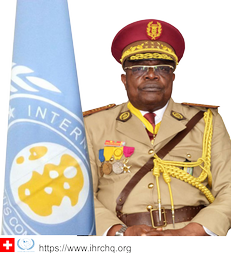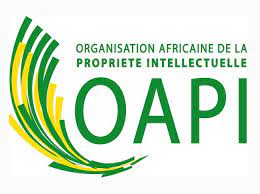RADICALIZATION AWARENESS
Foreign Affairs > Supranational > European Commission > RAN LOCAL


IHRC REPORT:
RADICALIZATION AWARENESS NETWORK
VISUAL MEETING
Radicalization Awareness Network (RAN) Practitioners carried out a virtual Study Visit to the Netherlands on the Multi-Agency Approach to Rehabilitation of Radicalized Detainees (MAR), on the 22nd and 23rd February, 2023. This study visit had as aim to provide an opportunity for participants to learn from and exchange about the Multi Agency Approach to Rehabilitation of Radicalized Detainees, a national program organized by the Dutch Custodial Institutions Agency. It also had as objective to create the opportunity for European practitioners to learn from their Dutch colleagues about their experience with the program that started operating in 2021; as many EU MSs are currently working with VETOs and radicalized detainees in custodial settings, continued exchange about the implementation of processes and structures to identify radicalization in prison and how to work multi-professionally in doing so, is key. Also, it was purposed to provide insights for participants on the response measures taken after radicalization has been identified, including disengagement and rehabilitation efforts offered and transition into a VETO’s or radicalized offender’s release. Finally, it was going to allow practitioners to engage with good practices and lessons learnt from the Dutch case study in order to discuss applicability in their own work and national contexts.
The study visit was intended for practitioners who work in the supervision and or rehabilitation process of radicalized detainees such as prison and probation staff, social workers, social services, psychologists, Civil Society Organization (CSO) practitioners, local coordinators and law enforcement. These practitioners came from European Union Member States, and Non-European Union countries including Albania, Canada and Cameroon.
The following topics were examined in the meeting:
· The main principles and operational guidelines of the prison administration’s P/CVE policy and the MAR program;
· The P/CVE practitioners and institutions that are involved and the process; the risk assessment conducted in prison and what criteria used;
· The preparations made by transition management practitioners toward the release of the a client;
· The practical challenges, experiences and lessons learned from case transfer between agencies and actors and from case management before, during and after release;
· Information sharing between different actors arranged;
· The balance between security and rehabilitation ensured;
· The long term follow-up support provided after release and after completion of the program especially in the field of mental health; and
· The capacity gaps and needs of practitioners exist in managing the prison-exit continuum effectively.
The International Human Rights Commission (IHRC) was amongst the Non-governmental organizations that took active part in the meeting, represented by His Excellency General Ngangjoh Mama Lamya (IHRC High Commissioner for Central African Region). A Lot of insightful contributions were made by him in line with the subject matter. An outstanding of his contributions he proposed thus to the International Community “considering the fact that in the Central African Sub-region generally, the follow-up procedure after the release of radicalized prisoners is often very difficult, the International Community should assist IHRC so as to create a follow-up mechanism that can enable them to effectively follow-up radicalized inmates after release”.
Presented by
H.E. General Ngangjoh Mama Lamya
IHRC High Commissioner for the Central African Region


